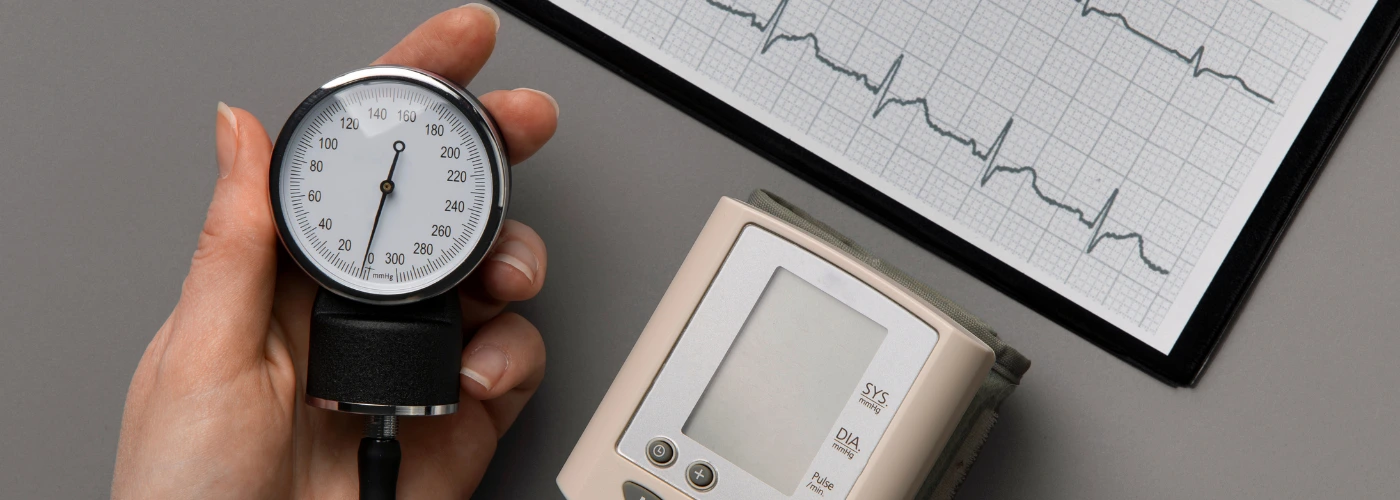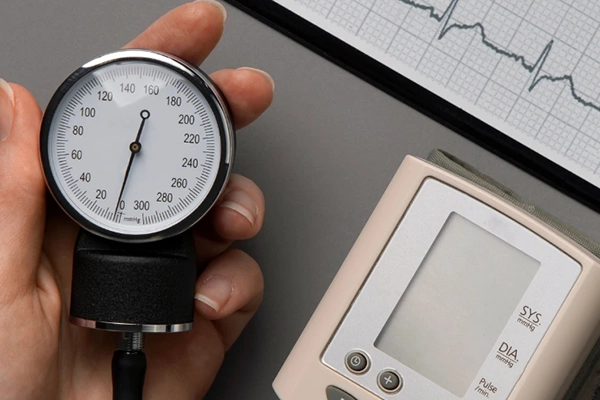Topics
The Importance of Heart Check Ups
Heart disease remains one of the leading causes of death worldwide, accounting for nearly 18 million deaths annually, according to the World Health Organization. However, regular heart check ups can significantly reduce risks by identifying early warning signs and offering a clear picture of your heart’s condition.
This guide will walk you through the critical components of your heart check up, making it easier to interpret results and take the next steps for a healthier heart. Understanding these numbers helps not only in managing conditions but also in preventing complications before they arise.
Key Components of Your Heart Check Up Results
A. Cholesterol Levels
- LDL ("Bad") vs. HDL ("Good") Cholesterol: LDL cholesterol can cause buildup of plaque in your arteries, raising the risk of heart disease, while HDL carries LDL cholesterol away from the arteries and back to the liver.
- Optimal vs. High-Risk Ranges: For most adults, LDL levels less than 2.59 mmol/L are ideal, while HDL above 1.55 mmol/L is considered protective.
- Lifestyle Changes to Improve Cholesterol: Reducing saturated fats, exercising regularly, and incorporating omega-3-rich foods can help optimise your cholesterol profile.
B. Blood Pressure Measurement
- Systolic vs. Diastolic Values: Systolic pressure, the top number in a blood pressure reading, measures the force exerted by the heart as it pumps blood into the arteries. Diastolic pressure, the bottom number, indicates the pressure in your blood vessels when the heart is resting between beats.
- Normal vs. Hypertensive Readings
Ideal (normal) blood pressure
- 120/80 mmHg
Low blood pressure (hypotension)
- < 90/60mmHg
Elevated blood pressure
- Systolic (upper number): 120 – 129 mm Hg
- Diastolic (lower number): < 80 mm Hg
Stage I hypertension (high blood pressure)
- Systolic (upper number): 130 – 139 mm Hg
- Diastolic (lower number): 80 – 89 mm Hg
Stage II hypertension (high blood pressure)
- Systolic (upper number): > 140 mm Hg
- Diastolic (lower number): > 90 mm Hg
Hypertensive crisis
- > 180/120 mm Hg
- Requires immediate medical attention
- Risks of Unmanaged Hypertension: If left untreated, high blood pressure can lead to heart attack, stroke, or kidney failure. Managing stress and limiting sodium intake can help.
C. ECG (Electrocardiogram) Results
An ECG is a quick and straightforward test that provides a snapshot of your heart's electrical activity, helping detect abnormalities in its rhythm and function.
D. Echocardiogram
An echocardiogram, or heart ultrasound, is a non-invasive test that uses sound waves to create moving images of the heart, helping doctors evaluate its structure and function. The procedure is painless, radiation-free, and typically lasts less than an hour. It aids in diagnosing conditions like heart murmurs, valve issues, congenital defects, and complications from heart attacks or strokes.
For clearer images, a transoesophageal echocardiogram (TEE) may be performed, involving a probe inserted into the oesophagus. Echocardiography is essential for diagnosing and managing cardiovascular diseases.
Interpreting Results and Next Steps
Interpreting heart screening test results involves understanding various parameters that assess the heart's structure, function, and overall health. If any results are outside the normal range, do not panic. Your doctor will explain what they mean and discuss steps to improve your heart health, such as changes in diet, exercise, or medication if needed. Regular follow-ups can help you stay on top of your heart health.
Book an Appointment at Gleneagles Hospitals
Your heart check up results provide critical insights into your cardiovascular health, helping you make informed decisions about your well-being. Whether your results show healthy values or highlight areas of concern, every heart check up is an opportunity to take proactive steps toward a healthier lifestyle. Small changes, such as adopting a heart-friendly diet, engaging in regular physical activity, and managing stress, can significantly reduce your risk of heart disease over time.
If you have questions about heart screening, get in touch with us to book an appointment at your nearest Gleneagles Hospitals to receive professional advice to help kickstart your health journey. To make an appointment for health screening, please contact the health screening centre at the Gleneagles Hospitals nearest to you.









